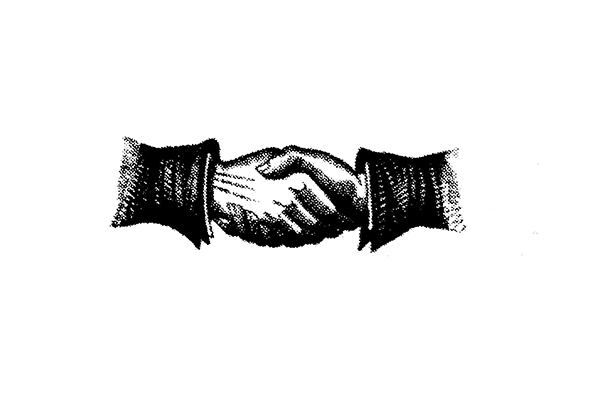Community Gardening Wisdom
collected by the Neighborhood Gardens Trust
It takes time and patience
“When we finally got a chance to have a garden plot, we were so excited! We’d waited over 10 years to officially get a chance to be part of a special part of our neighborhood. Although we had our own garden plot—it didn’t make us instant gardeners. Our plants struggled to thrive and looked scrawny compared to our neighbors’ plots. Weeds took over our tiny spot of soil and choked out any hope that we would have a hearty harvest. Luckily for us, those in charge of the garden gave us pointers and tips, so, within a season, we were harvesting enough produce to keep the fridge stocked. By the next season we were even handing out produce to those neighbors.”
— Tina Fuoco and Chad Carnahan, Bel Arbor Community Garden
Learn from one another
“The African women in the plot next to mine grew and harvested great quantities of greens that I didn’t recognize. One season I tried planting sweet potatoes, and they produced leaves that looked remarkably similar. I asked my neighbors, and was told yes, they grew sweet potatoes for the greens. The potatoes they could buy for practically nothing in any store, but the greens that they valued so highly were pricey and hard to come by. Needless to say, I went straight to my plot, picked some sweet potato leaves and added them to my next dish of mixed vegetables. They made great greens. Now every time I see those distinctive leaves hanging out of ornamental planters, I smile as I think of all the food value there—and am thankful to my African community garden neighbors for widening my horizons.”
— Pamela Haines, Warrington Community Garden
The community needs to be tended, too
“True to its name, a ‘community garden’ is both a community and a garden. As new gardeners join the group, many are new to gardening as well. I can’t think of a better way to learn to grow vegetables than [to be] surrounded by fellow gardeners that know the land around you and can offer advice and wisdom to bring a successful harvest. I sometimes find new gardeners unsure when to harvest their crops. Harvesting ripe produce is important to avoid spoilage and tempting neighborhood squirrels and possums with a free meal! Feel free to offer a helping hand to a new gardener and remind them to harvest on time.”
— Bob Jobin, Bouvier Community Garden
There’s no such thing as oversharing
“One of the joys of gardening is sharing the bounty… One summer I grew some interesting subtropical tubers; I was very proud of them—they were beautiful, unusual and so prolific. In the fall I was harvesting them, and I gladly offered some to another gardener whom I’ll call Ms. G., as she graciously accepted one. The next day I ran into another gardener friend, whom I felt quite sure would be happy to try such an oddity, but upon offering, she said, ‘Oh, no thanks, Ms. G. gave me one yesterday!’
Time passes, and norms change. I miss the old timers, but the essentials of community gardening—the alliances, the irritations, the good friends—remain, and, of course, the bounty!”
— Karen Lefkovitz, Warrington Community Garden
Label what you plant!
“I thought I had planted lettuce in one spot in my plot. Come spring, when the leaves first appeared, I tore off a few to taste. It was the most disgusting lettuce I had ever tasted. A few days later, beautiful poppies emerged.”
— Alice Austin, Bel Arbor Community Garden
Last words
“Make sure your volunteers don’t plant ghost peppers in the children’s garden.”
— Nic Esposito, Emerald Street Community Farm
Neighborhood Gardens Trust is Philadelphia’s land trust for the preservation of community gardens and shared open spaces. NGT has protected 35 community-managed growing spaces across the city, and is an affiliate of Pennsylvania Horticultural Society.







